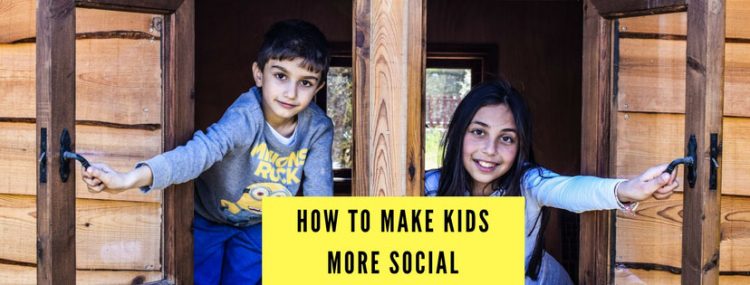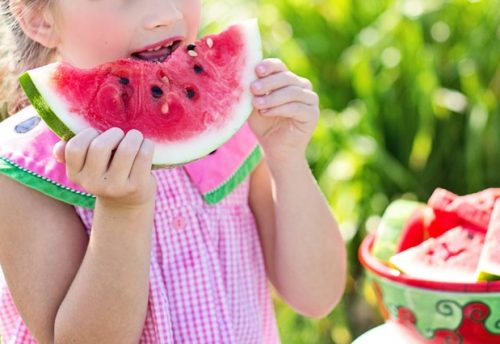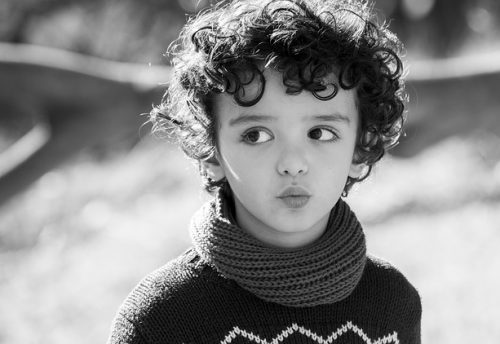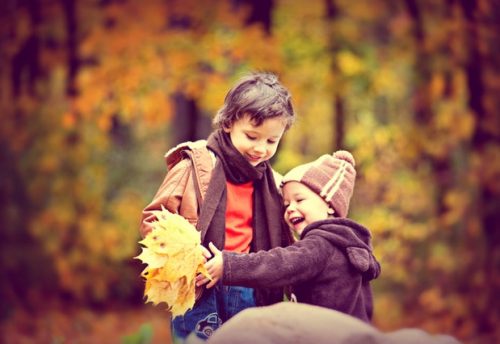
How To Make Kids More Social
Social skills are very important to social animals, aren’t they? Parents are extremely cautious about their child’s social behavior to make sure their children don’t develop neurotic and antisocial characteristics. Overprotective parent and their antics, hahaha… no, it is necessary to monitor the social growth of your child and make sure he/she has enough social time.
Play-dates and preschool attendance can enrich your child’s life. But socialization the process of learning how to get along with others is not the same thing as socializing.
Spending the day with same-aged peers is not necessarily a good way for young children to learn about cooperation, sharing, and emotional self-control. In fact, the opposite might be true.
Too much time with peers might make kids behave badly. When it comes to learning positive social skills behaviors like cooperation, understanding other perspectives, showing sympathy, offering help, making amends, extending forgiveness, and observing social etiquette the best tutors are older children and adults.
How To Make Kids More Social are as follows:
Here are a few things you need to remember to make your child more sociable.
1. Maintain a Loving, Secure Relationship With Your Child
When parents show themselves to be caring and dependable sensitive and responsive to their children’s needs children are more likely to develop secure attachment relationships. Children who are securely attached are more likely to show social competence. Young children with secure attachments are more likely to show empathy and come to the aid of people in distress. Preschoolers with more secure attachments are more likely to share, and more likely to show generosity towards individuals they don’t like. So, your relationship with your child determines your child’s relationship with the society.
2. Inspire Children With Positive Words, And Give Them Opportunities To Experience The Pleasures Of Giving
Young children thrive on praise, particularly when we praise their good choices and actions. What about criticism? Here we must tread carefully because kids can get the impression that we view them as inherently disappointing or bad. And that perception undermines their motivation to improve. We can also encourage kindness by simply arranging for children to engage in reciprocal play the kind that involves taking turns. In experiments, simply rolling a ball back and forth made preschoolers show more generosity toward a playmate (relative to kids in a control group who played side by side, cheerfully, but with different balls). This single act of reciprocity was enough to trigger altruism.
3. Be Worry About Offering Bribes To Children For Being Kind
Research on toddlers and primary school children suggests that we might undermine our kids’ impulses to be helpful when we bribe them with tangible rewards for being kind.
4. Model And Discuss Gratitude
Expressions of gratitude help grease the wheels of the social machine. They are essential for getting along in polite society. But experiments suggest that they also improve our mood and outlook. They make us feel less alienated, and more connected to friends, caring others. In fact, just remembering a received kindness can make us more pro-social. For these reasons, researchers who design preschool social skills programs emphasize the importance of gratitude, children read stories about the acts of everyday kindness that people perform for each other throughout the world. They learn about people in their communities who help others (like firefighters, doctors, and bus drivers), and take on the roles of these people through pretend play. Teachers share their own feelings of gratitude, and show, for example, how to express it.
5. Practice Inductive Discipline
Across the world, many parents use inductive discipline to instill preschool social skills.
This is the practice of explaining the reasons for rules, and talking calming and sensitively to children when they misbehave. Inductive discipline is one of the key components of authoritative parenting, a style of child-rearing associated with the best-behaved kids. And there is evidence that this “teaching through conversation” approach to discipline helps children become more conscientious and pro-social. And research suggests that children exposed to inductive discipline are less likely to develop aggressive behavior problems.
6 Give Them The Environment
A lonely child may have difficulty in interacting with the world. Give your children good company, exposure, and chances to interact with different types of people. Kids with social skill deficits often have trouble reading expressions and interacting socially. So activities that get them more comfortable with these situations are a great idea. Playschools, hobby classes, playgrounds, sports activities, etc., will give them a chance to socialize. When kids mingle with other kids or elders, they develop a range of interpersonal skills that become the foundation of their personality.
7. Show Kids How To Apologize, Make Amends, And Offer Forgiveness
Fascinating experiments on toddlers show that they understand the difference between the unintentional harm they cause and the harm caused by others. For example, when 2- and 3-year-olds believe they caused an accident, they feel a greater urge to help make things right. Moreover, experiments indicate that young children notice when transgressors fail to apologize and offer to help. It might not lift a victim’s bad mood, but it can mend bad feelings toward the transgressor. When transgressors fail to reach out in this way, they harm their standing with peers. Over time, they may find themselves increasingly rejected by other kids. So children are ready to learn about reconciliation and have a natural incentive to do so. But what exactly should you do after you’ve gotten too pushy, and knocked over somebody’s castle of blocks? Or blurted out something mean-spirited that makes someone cry? It can be hard for young children to figure out what to do in these situations. We can help by showing them concrete actions to take how to speak up, apologize, pitch in to help reverse the damage, and offer the victim something cheering or friendly.
8 Talk With Children About Their Social Relationships, And Introduce Them To Concrete, Upbeat Strategies For Getting Along
Kids with the strongest social skills treat rebuffs as temporary setbacks that can be improved. We can encourage this attitude by helping children interpret rejection in a less threatening light. Maybe doesn’t want to play because he’s shy. Maybe she just wants to play by herself right now. In addition, we can help children brainstorm solutions, and encourage them to predict how different social tactics might work.
Well, these were 8 tips on How To Make Kids More Social. If you like it, share it with your friends.
Need help?
We are the best preschool in Delhi. Contact Us, message us for any issues. We will love to help you.





Leave a Reply